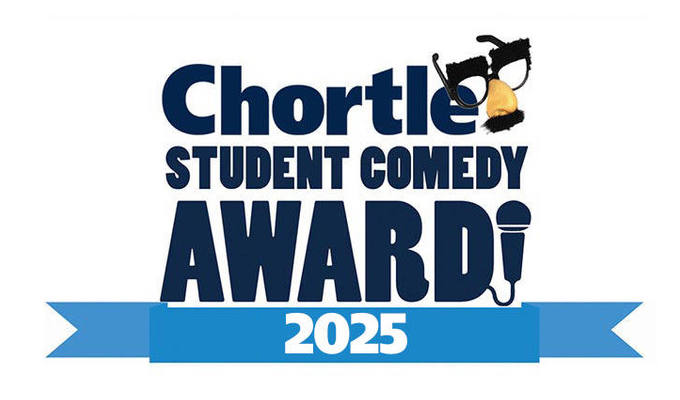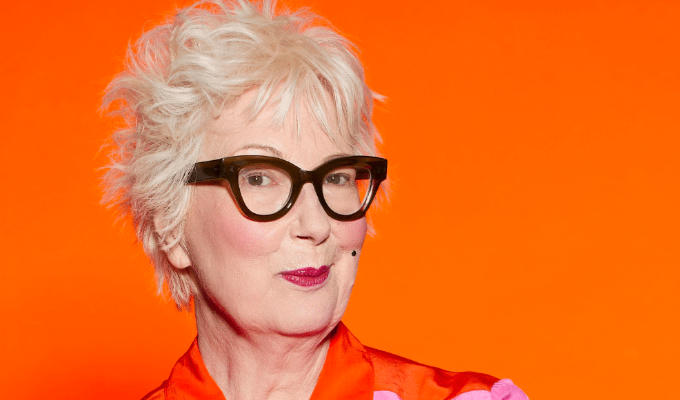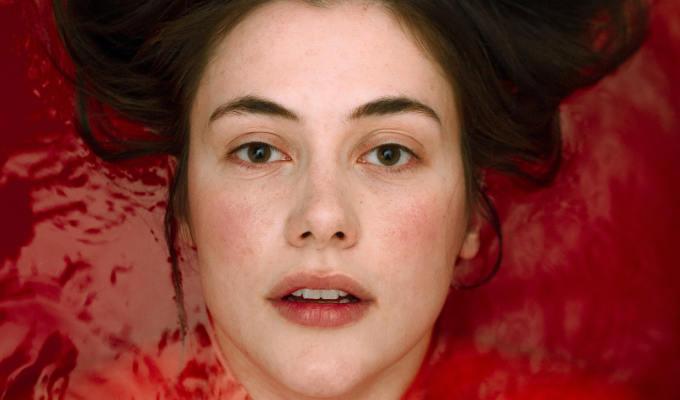 © Steve Ullathorne
© Steve Ullathorne Edinburgh Comedy Awards 'have a racial bias'
Tez Ilyas says overwhelmingly white judges overlook ethnic acts
The Edinburgh Comedy Awards are biased against acts from ethnic minority backgrounds, comic Tez Ilyas has alleged.
A lack of diversity in the judging panel has led to non-white comics being overlooked for nominations he says, drawing parallels with the #OscarsSoWhite controversy that has enveloped the Academy Awards in recent years.
He also suggests that an unconscious quota system has developed in the Comedy Awards whereby two performers from a black, Asian or minority ethnic (BAME) background cannot be nominated in the same year.
'I do genuinely have a sense of injustice [for] acts of colour,’ Ilyas told Stuart Goldsmith on his Comedian's Comedian podcast.
He acknowledged a personal frustration at the lack of nominations for his three solo shows and his 2015 debut, Tez Talks, in particular. But he said: ‘This isn't only about me, it's wider than me … before last year, I couldn't recognise a single person of colour on the judging panel of the award.'
In the awards 32-year history, more than 200 judges drawn from the comedy industry and media have appeared on the panel. A further three members of the public each year win their place.
However, Chortle can only identify three judges from an ethnic background in all that time: BBC producer Tilusha Ghelani in 2003; BBC commissioner Ruby Kuraishe in 2005; and last year Tanya Qureshi, a commissioning executive for Channel 4, plus Ghelani again, now a comedy commissioning editor at Sky.
That equates to less than 2 per cent of the judges in the awards' history. The BAME population of the entire UK is around 13 per cent, according to the 2011 census.
'I think it's astonishing and it's an oversight that no one to my knowledge has ever brought up,’ Ilyas said. 'It seems to me there's a blind spot in this country towards racism.'
He cites Trevor Noah and Dane Baptiste as acts that were inexplicably overlooked. Baptiste was the first Black British comic to receive a best newcomer nomination in 2014, but has yet to receive a nod for the main prize.
Ilyas said that he first perceived the bias in 2014 when Nish Kumar failed to make the shortlist.
'And I suspect one of the reasons was, Romesh [Ranganathan] got nominated and it was that thing where you can't have two women, it was Romesh or Nish, Bridget [Christie] or someone else, Josie [Long] or someone else,’ he suggested.
'It couldn't have been Romesh AND Nish. And I love Romesh, Romesh's show was great but Nish's show was amazing.
'They didn't sit there going, "right, we've nominated Romesh, so no other acts of colour need to be considered". That's not what happened, I know that.
'There's an unconscious bias that happened. These aren't malicious choices but something that needs to be addressed.'
Ilyas explained that he hadn't spoken out before now for fear of it affecting his career. 'But now I've got to a point where I don't care. I'm post- it’ he explained.
'I just want to make clear – I wasn't entitled to that award. I wasn't entitled to be nominated. If I'm criticising myself, I do have a slight chip on my shoulder, just based on my background and what I had to go through…'
Ilyas acknowledged has been 'well-reviewed, subjectively' in Edinburgh. But 'there's a lot of shows I've seen over the years that haven't been nominated, that have been overlooked. And these are middle-class white acts, so it's not as simple as "racists!" It's not as black and white as that.
'The solution is to have a more richly diverse judging panel. But, then you look backwards and you think, where does that judging panel derive from? It derives from TV, radio, print and then some competition winners.
'In those areas there's a dearth in representation, racial representation. So it's a problem that needs fixing up from the bottom. It's not their fault necessarily that they haven't been diverse, the pool that they pick from hasn't been that diverse. So it's a bigger problem than the awards.
'That's not to say white judges can't look at a person of colour's show and think, "Oh my God, that really speaks to me", I just think they don't seem to have done over the last decade, if you look at some of the shows that have been nominated.'
Responding to Ilyas's criticism, Edinburgh Comedy Awards director Nica Burns told Chortle: 'The Edinburgh Comedy Awards do not discriminate in any way. There is a thorough process where every single act eligible under the published rules is seen. Ethnicity, nationality, gender, sexual orientation, age, etc, etc, are not and have never been considerations.
'Every year we work hard to balance the panel of judges who must have excellent comedy knowledge, no conflicting interests and make a significant time commitment. Judges from the BAME community have sat on the panel over the years but there is a limited number of BAME potential judges in the pool’.
- by Jay Richardson
Published: 2 May 2018






